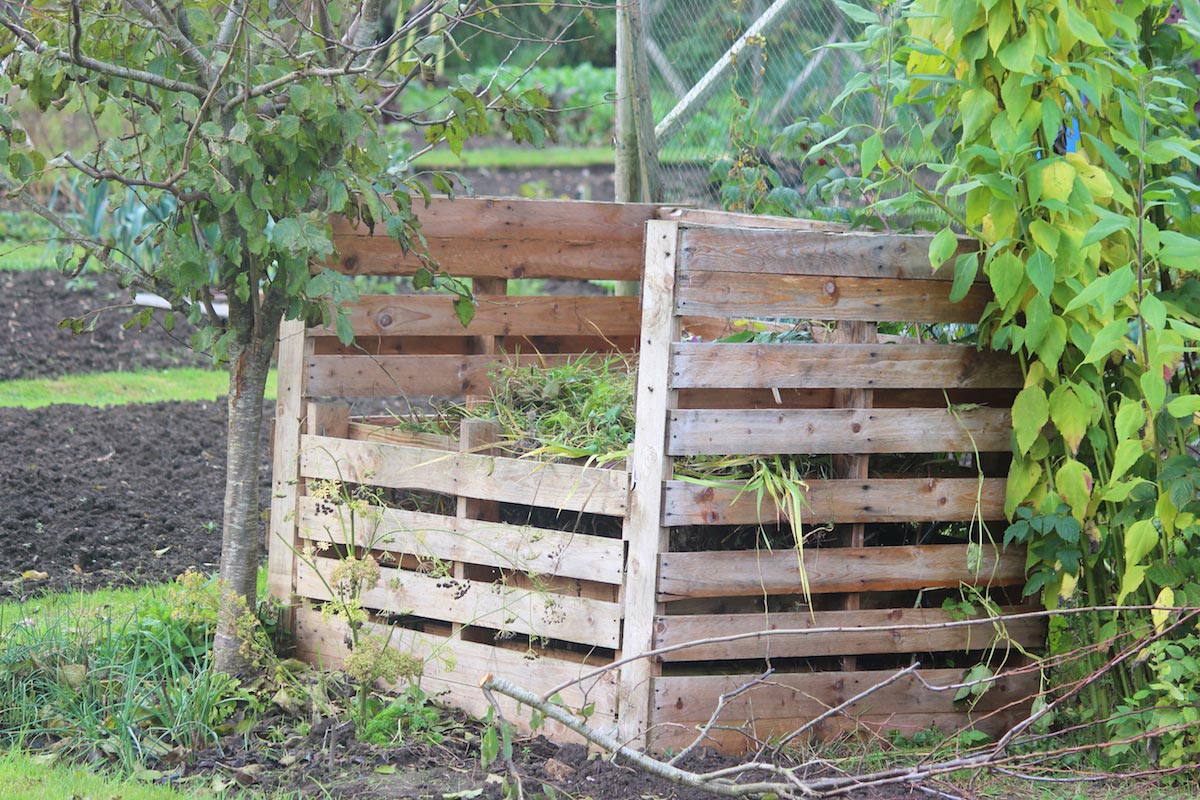
Advertisement
(Homesteading.news) In case you were wondering, the secret to growing success lies in your soil, so improving it is hands down the very best way to bolster your crop yield. And while many homesteaders may have been aware of that, what is less understood is the importance of gathering soil samples in a systemic way and then choosing the right service to have that soil evaluated.
As reported by Modern Farmer, for somewhere around $15 most can get a soil analysis from your state university’s agricultural lab, and it will include results for phosphorus, potassium, vita’ pH (acidity) and organic content matter.
However, you may not get complete information about nitrogen, which is vitally important to know for leafy crops. Also, state labs tend to begin and end with conventional fertilizers, even when you’re interested in a more eco-friendly solution.
You may instead consider paying a little more – about $50 dollars – for the basic soil test from a commercial lab such as Woods End in Maine, or California’s Control Laboratories [Editor’s Note: We are not affiliated with either company and they are not advertisers]. Reports from commercial soil samplers usually include results for nitrogen, phosphorus, potassium, pH, calcium, magnesium, and organic matter. And if you spend just a few dollars more, you can get feedback on micronutrients like copper, zinc and manganese. These labs and others offer recommendations for making your soil healthier and productive using organic compounds.
As noted by Mother Earth News, there are some good ways to organically improve your soil for better yields:

— Add manures: All livestock manures can add valuable nutrients to your soil. In fact, manures add a greater contribution to soil aggregation than do composts, which have already mostly decomposed. Just be careful when applying; though pathogens are less likely to be found in manures from other homesteads and small farms, those from large livestock operations often contain them. Allow three months between application and harvest of your root crops or leafy vegetables, to guard against contamination.
— Make your own compost: You can make compost by recycling just about any organic waste. It reduces the bulk of organic materials, serves to stabilize volatile and soluble nutrients and speeds up formation of soil humus. Regular compost applications – about a quarter-inch per season – will provide slow-release nutrients to your plants and dramatically boost your soil’s water retention while suppressing disease.
This instructional video will show you how to easily make your own compost pile:
— Grow cover crops: Growing cover crops – plants used primarily to slow erosion, improve soil health, enhance water availability, smother weeds, help control pests and diseases, and increase biodiversity – is one of the most valuable strategies to feed your soil. Freshly killed cover crops provide readily available nutrients for soil microbes and, hence, food for crop plants. Legumes – clovers, alfalfa, beans and peas – make especially valuable cover crops, because they fix nitrogen from the atmosphere into forms available to crop plants. The most beneficial use of cover crops is to mix them.
— Organic mulch: One good way to keep soil covered is to use organic mulches. Some experts advise against using high-carbon materials like straw or leaves because soil microbes “rob” available nitrogen from your soil to break down the excess amounts of carbon. But, as Mother Earth News reports, “this is only true…if we incorporate these high-carbon sources into the soil.”
Here is an excellent short video describing various organic substances that will improve your soil for better yields:
Homesteading.news is part of the USA Features Media network.
Submit a correction >>
Advertisement
Advertisements















